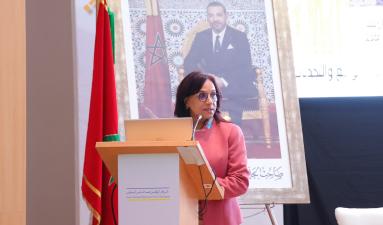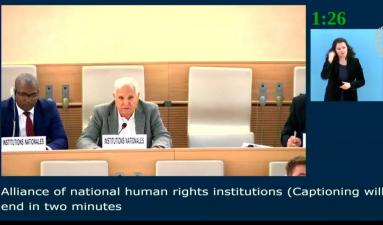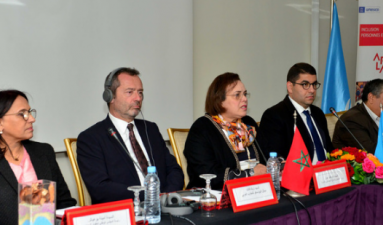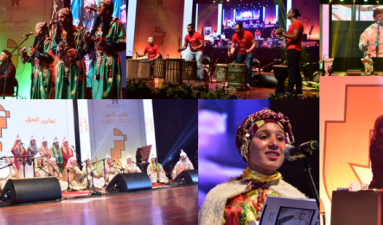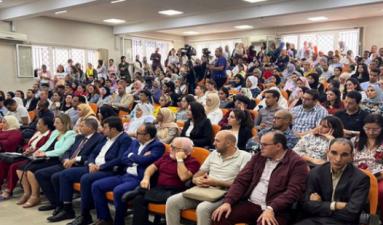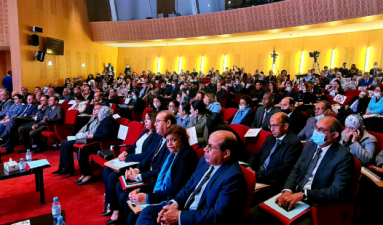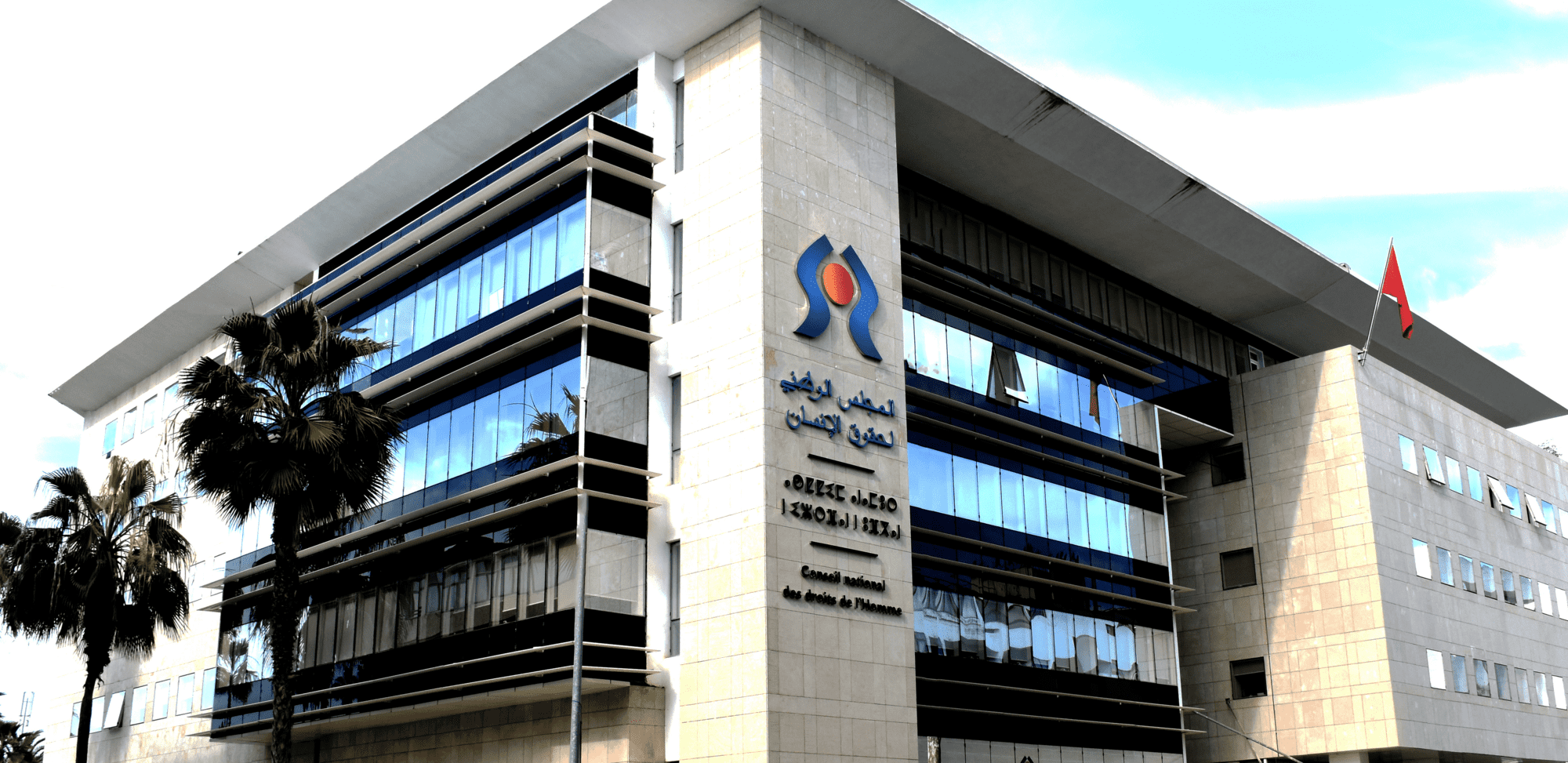Ms. Amina Bouayach, Chairperson of the National Human Rights Council (CNDH) confirmed that the CNDH wishes to develop an ambitious program to break with the guardianship system and replace it with the support system. This will ensure that persons with disabilities enjoy legal capacity and enable them to make decisions that respect their independence, rights and will in all areas.
In her speech on the occasion of the inauguration of an online scientific seminar, organized by the CNDH, on Thursday evening, December 17, 2020, the CNDH Chairperson added that the Moroccan Constitution stipulated in its preamble to prohibit all forms of discrimination, including social background, disability or any other personal consideration, and clearly emphasized the principle of equality between persons with disabilities with others in all aspects of life...
However, there is still conflict between legal standing and legal agency in current national laws related to the recognition of the full legal capacity of persons with disabilities, despite the Constitution’s affirmation of this principle. Also, these laws do not comply with the requirements of the International Convention on the Rights of Persons with Disabilities (ICRPD), especially Article 12.
The CNDH Chairperson highlighted that the choice of Article 12 of the ICRPD as the seminar theme, stems from the fact that this article is the foundation of the legal, social, economic, cultural and environmental sphere for persons with disabilities. This subject is also selected because it is accompanied by a general misunderstanding of the obligations of State Parties under this Article.
She also added that the Committee on the Rights of Persons with Disabilities (CRPD) renewed in its concluding observations on Article 12: that the relevant State Parties must “review the laws allowing for guardianship (…) and take action to develop laws and policies to replace regimes of substitute decision-making by supported decision-making, which respects the person’s autonomy, will and preferences.”
At this meeting, Ms. Bouaych recalled actions conducted by the National Mechanism for the Protection of Persons with Disabilities. These actions are based on two aspects: the protection, by focusing on legislation and mechanisms of support and advocacy; and the promotion to change stereotypes on which legal provisions are based. In this context, she announced that the CNDH intends to launch a digital campaign to combat double and complex discrimination against women and girls with disabilities.
This meeting was an opportunity to exchange experiences and share international experiences in the field. National and international experts, including Ms. Marie Louise Abomo, Commissioner of the Working Group on the Rights of Older Persons and People with Disabilities, the African Commission on Human and Peoples' Rights; Ms. Catherine Pedreiros, representative of the Committee on the Rights of Persons with Disabilities, OHCHR; and Mr. Muhannad Alazzeh, Secretary-General of the Higher Council for the Rights of Persons with Disability in Jordan took part in this seminar. Ms. Zhour El Horr, Coordinator of the National Mechanism for the Protection of the Rights of Persons with Disabilities, Ms. Soumia Amrani, the newly elected member of the Committee on the Rights of Persons with Disabilities and Chairperson of the Autism Morocco Collective also participated in this event.
Stakeholders called for the adoption of a clear and practical system to consolidate the model of support in decision-making instead of guardianship and trusteeship. They recommended adopting a legislative approach that relies primarily on a system that removes obstacles preventing persons with disabilities from enjoying their legal capacity, similar to most legislations in Europe and Latin America that are progressively pursuing compatibility with the ICRPD.
At the same time, participants pointed out the necessity to ensure that concepts and definitions related to disability issues are clarified, that are mostly loose, vague and opened to multiple interpretations.

